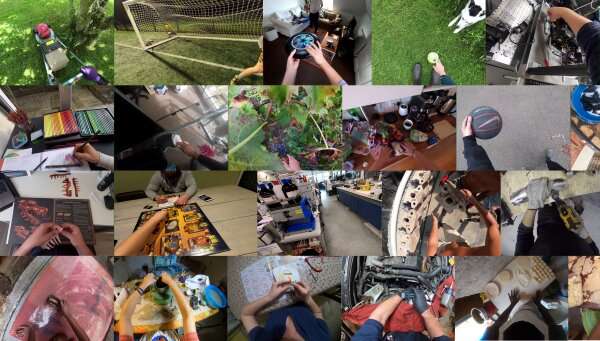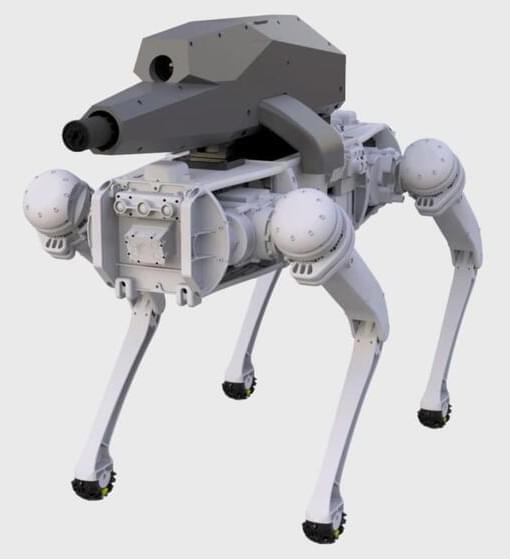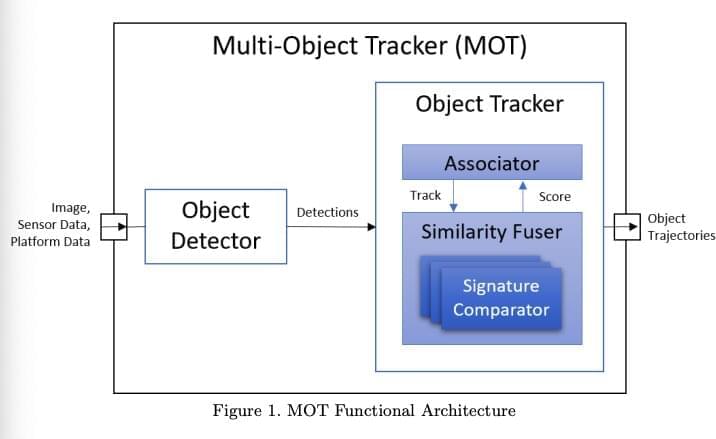The University of Bristol is part of an international consortium of 13 universities in partnership with Facebook AI, that collaborated to advance egocentric perception. As a result of this initiative, we have built the world’s largest egocentric dataset using off-the-shelf, head-mounted cameras.
Progress in the fields of artificial intelligence (AI) and augmented reality (AR) requires learning from the same data humans process to perceive the world. Our eyes allow us to explore places, understand people, manipulate objects and enjoy activities—from the mundane act of opening a door to the exciting interaction of a game of football with friends.
Egocentric 4D Live Perception (Ego4D) is a massive-scale dataset that compiles 3,025 hours of footage from the wearable cameras of 855 participants in nine countries: UK, India, Japan, Singapore, KSA, Colombia, Rwanda, Italy, and the US. The data captures a wide range of activities from the ‘egocentric’ perspective—that is from the viewpoint of the person carrying out the activity. The University of Bristol is the only UK representative in this diverse and international effort, collecting 270 hours from 82 participants who captured footage of their chosen activities of daily living—such as practicing a musical instrument, gardening, grooming their pet, or assembling furniture.
“In the not-too-distant future you could be wearing smart AR glasses that guide you through a recipe or how to fix your bike—they could even remind you where you left your keys,” said Principal Investigator at the University of Bristol and Professor of Computer Vision, Dima Damen.







